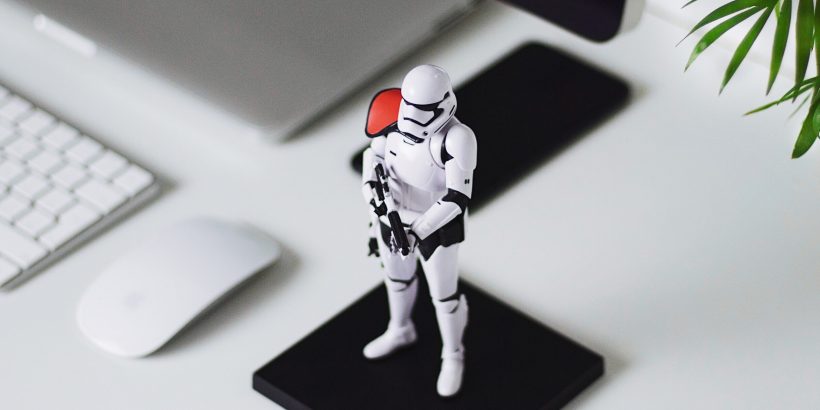
If you’re like most people, you probably don’t think about your security until something goes wrong. And by then, it might be too late. Your computer has been hacked, your identity stolen, or worse. Don’t wait for disaster to strike – take steps now to improve your security and protect yourself from harm. In this blog post, we will discuss some simple tips that will help keep you safe off and online.
Use Strong Passwords and Never Reuse Them
We’ve all heard it before, but it bears repeating: using strong passwords is one of the best things you can do to improve your security. A strong password should be at least 8 characters long and include a mix of uppercase and lowercase letters, numbers, and symbols. It should also be unique – meaning you should never use the same password for more than one account.
Enable Two-Factor Authentication
Two-factor authentication (also known as 2FA) is an extra layer of security that requires you to confirm your identity before being granted access to an account or service. When 2FA is enabled, you will be prompted to enter a code that is sent to your mobile phone or email address whenever you try to log in. This makes it much more difficult for hackers to gain access to your accounts, even if they have your password.
Keep Your Operating System and Software Up-to-Date
One of the easiest ways for hackers to gain access to your computer is by taking advantage of security vulnerabilities that exist in outdated software. That’s why it’s important to always keep your operating system and all the software on your computer up-to-date. Most updates will install automatically, but you should occasionally check to make sure everything is up-to-date.
Be Careful What You Click
One of the most common ways that people become infected with malware is by clicking on malicious links or attachments. Hackers will often send phishing emails that appear to be from a legitimate source, such as your bank or a well-known company like Amazon. These emails typically contain links or attachments that, if clicked, will install malware on your computer. So, be careful what you click! If an email looks suspicious, delete it without clicking anything.
Use a VPN
A VPN (virtual private network) is a service that encrypts all of the data that is sent between your computer and the VPN server. This makes it much more difficult for hackers to intercept your data and steal your information. In addition, a VPN can also help to hide your real IP address, making it more difficult for online criminals to track you down.
Access Control Systems, Alarms, and Cameras
If you have a physical premises that you need to protect, there are a number of security measures you can take. Access control systems can be used to restrict access to certain areas, while alarms and cameras can deter criminals and help to identify them if they do break in.
Learn Self-Defense
No matter how strong your security measures are, there is always a possibility that you could be attacked in person. That’s why it’s important to know how to defend yourself. Taking a self-defense class can give you the skills and confidence you need to protect yourself in case of an attack.
By following these simple tips, you can dramatically improve your security and reduce your risk of becoming a victim of crime. Don’t wait – take action now and keep yourself safe!

Great tips on boosting security! I especially love the emphasis on using strong passwords and enabling two-factor authentication. Simple yet powerful steps like these can go a long way in protecting your online presence. Thanks for sharing these practical suggestions!